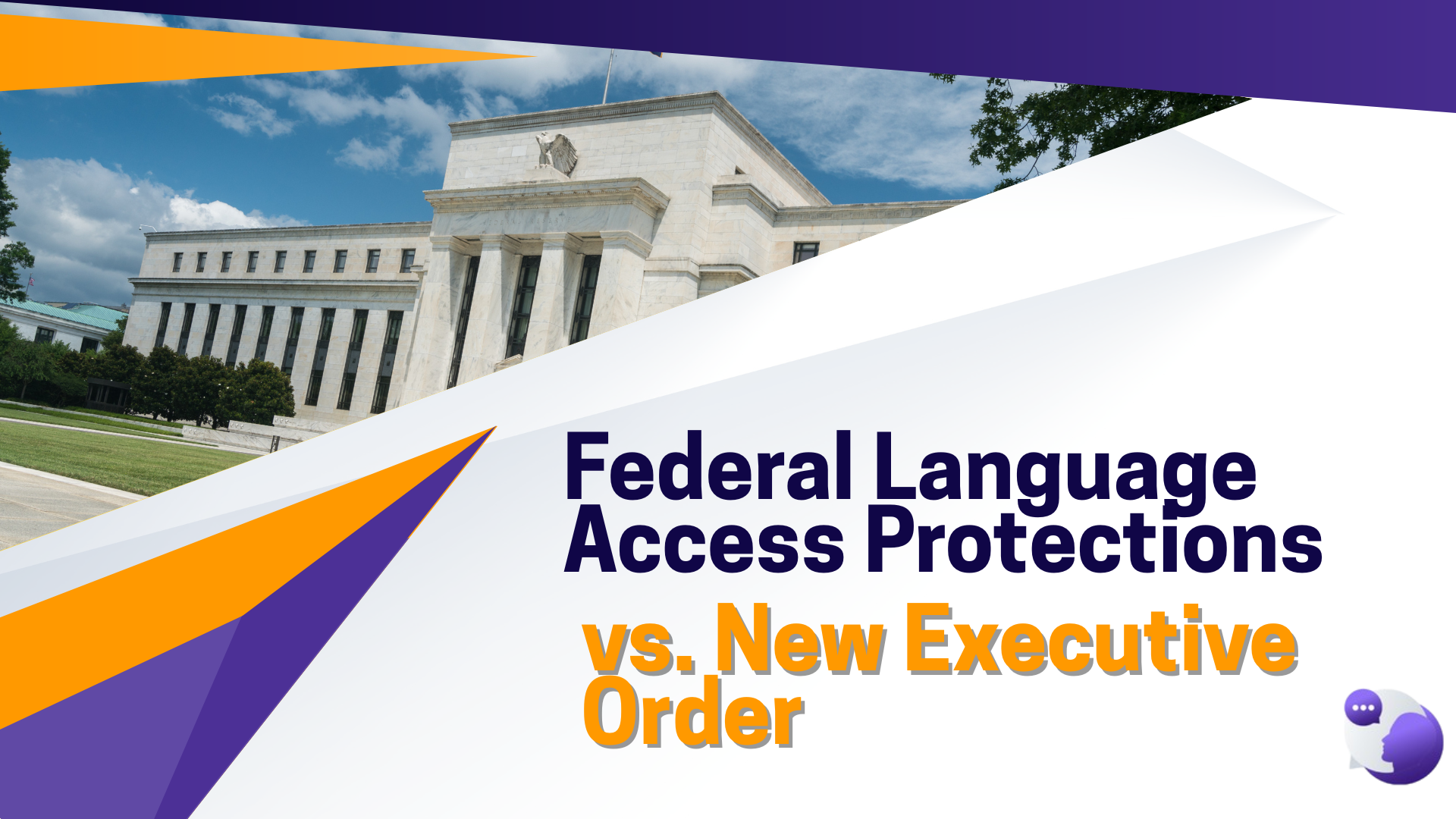On March 1, 2025, President Donald Trump signed Executive Order 14224, officially designating English as the official language of the United States. This move rescinded Executive Order 13166, issued in 2000 by President Bill Clinton, which had mandated federal agencies to provide language assistance to individuals with limited English proficiency (LEP). While the new order emphasizes unity and efficiency through a common language, it has sparked discussions about its implications for language access, particularly in sectors like healthcare, legal services, and education.
Historical Context: The United States’ Multilingual Heritage
The United States has long been characterized by its linguistic diversity. From its inception, the nation has been home to speakers of various languages, including indigenous tongues, languages brought by immigrants, and regional dialects. Despite this diversity, English has predominantly served as the lingua franca. However, there has never been a federal mandate designating an official language until this executive order.
Provisions of Executive Order 14224
The executive order establishes English as the official language of the United States, aiming to promote unity and streamline government operations. It revokes the previous mandate requiring federal agencies to provide language assistance to LEP individuals but does not prohibit agencies from offering services in other languages at their discretion. This grants agencies flexibility in determining how to implement language services based on their specific missions and the populations they serve.
Impact on Federal Agencies and Services
With the revocation of Executive Order 13166, federal agencies are no longer obligated to develop and implement plans to ensure meaningful access for LEP individuals. This shift places the responsibility on individual agencies to decide the extent of language services they provide. While some agencies may continue offering multilingual support, others might reduce or eliminate such services, potentially affecting the accessibility of federal programs for non-English-speaking populations.
Legal Implications: Title VI and Language Access
Despite the changes introduced by Executive Order 14224, existing federal laws continue to protect language access rights. Title VI of the Civil Rights Act of 1964 prohibits discrimination based on national origin, which has been interpreted to include language. Therefore, organizations receiving federal funding are still required to provide meaningful language access to LEP individuals. This ensures that essential services, such as healthcare and legal assistance, remain accessible to non-English speakers.
Healthcare Sector: Ensuring Effective Communication
In healthcare, effective communication is crucial for accurate diagnoses, informed consent, and patient compliance. Language barriers can lead to misunderstandings, misdiagnoses, and inadequate treatment. While the executive order allows agencies to decide on the provision of language services, healthcare providers receiving federal funds must continue to offer language assistance to comply with Title VI and ensure patient safety.
Educational Institutions: Navigating Language Diversity
Educational institutions often serve diverse student populations, including English language learners (ELLs). The executive order’s emphasis on English may influence language education policies and the availability of bilingual programs. However, schools remain obligated under federal law to provide equal educational opportunities, which includes support for ELLs to ensure they can participate fully in educational programs.
Public Perception and Criticism
The executive order has received mixed reactions. Proponents argue that establishing English as the official language promotes national unity and operational efficiency. Critics contend that it undermines the country’s multicultural heritage and may marginalize non-English-speaking communities. Organizations like the Linguistic Society of America have expressed opposition, stating that the order contradicts the nation’s multilingual reality and could lead to discriminatory practices.
Conclusion: Balancing Unity and Diversity
Executive Order 14224 marks a significant shift in federal language policy by designating English as the official language of the United States. While aiming to promote unity and efficiency, it raises concerns about access to essential services for non-English speakers. Federal agencies, service providers, and policymakers must navigate this change thoughtfully, ensuring that the nation’s linguistic diversity is respected and that all individuals, regardless of language proficiency, have equitable access to services.

